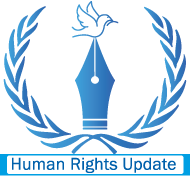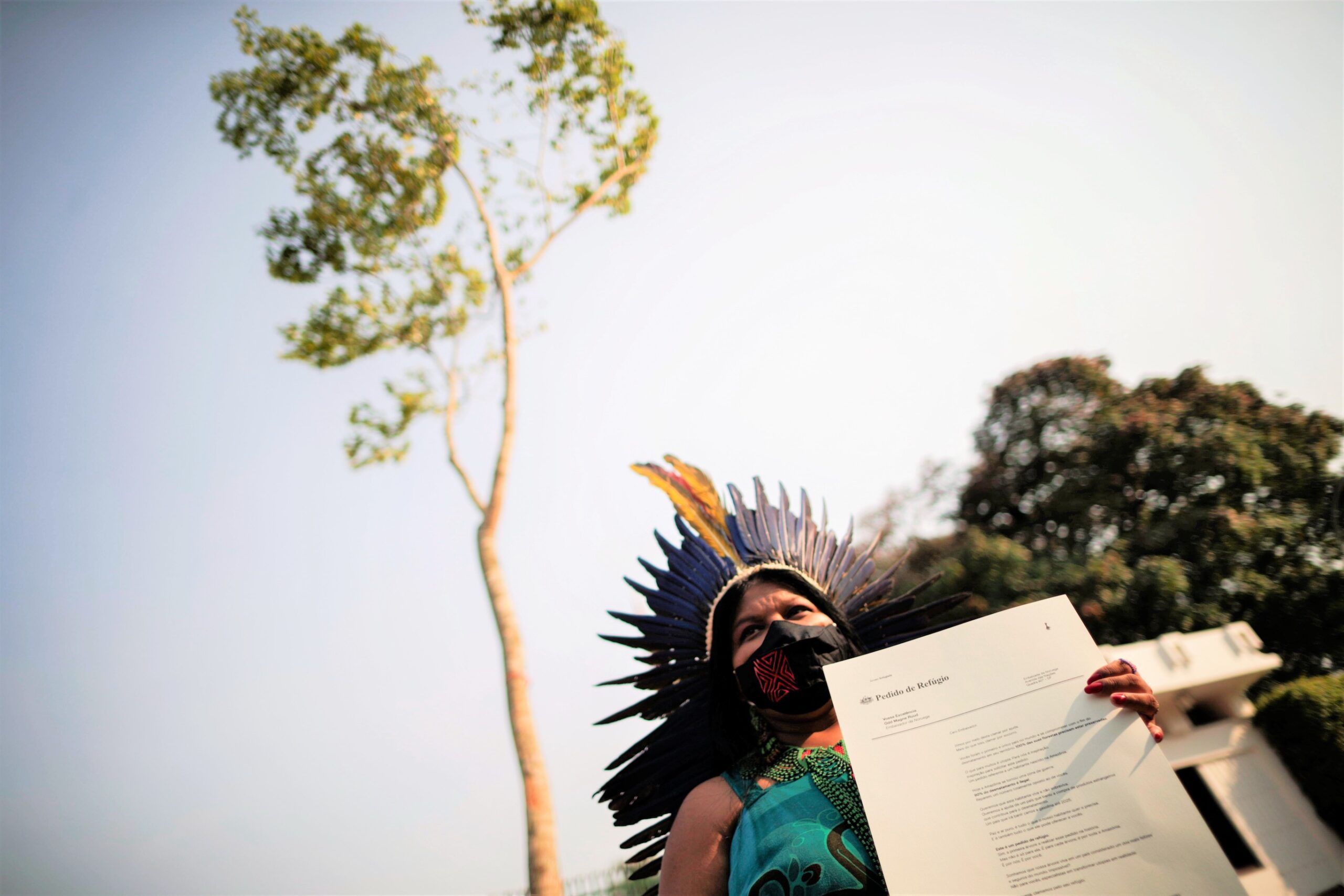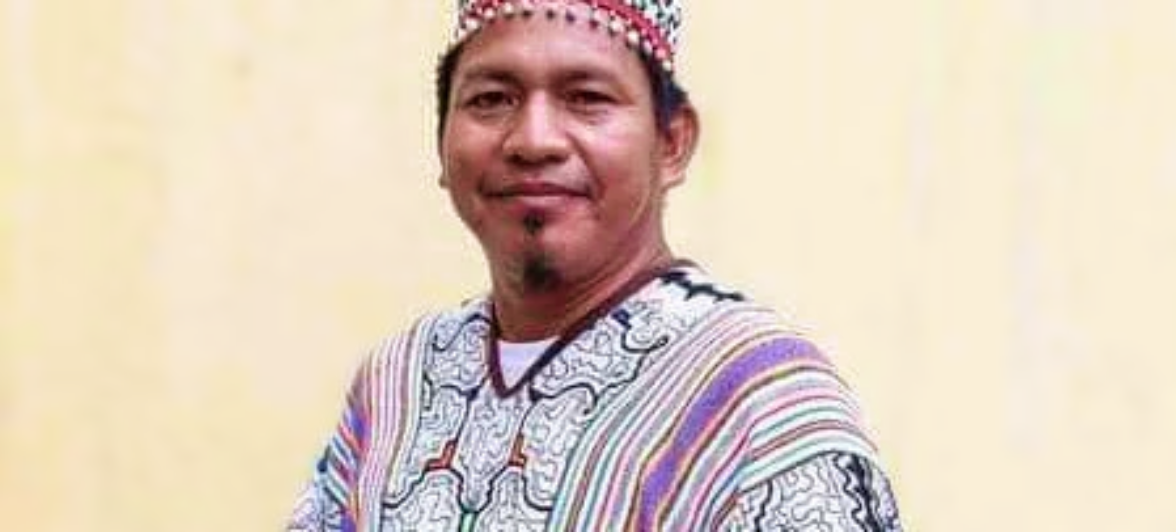In a landmark ruling today, a Bangladesh court has sentenced two prominent human rights activists, Adilur Rahman Khan and Nasir Uddin Elan, to two years in jail. The judgment comes as a significant development in a long-standing legal battle involving the renowned human rights organization Odhikar and its leaders.
Background:
Odhikar Under Fire: Odhikar, a renowned human rights organization established in 1994, has been known for its vital contributions to the field of human rights. Notably, it gained global recognition for its documentation of the number of Bangladeshi citizens killed in firing incidents by the Border Security Force (BSF) along the Bangladesh-India border.
2013 Incidents: In 2013, Odhikar came under intense scrutiny and pressure from both the Bangladesh and Indian governments due to its efforts to publish reports on border killings and other human rights violations. This included a list of activists’ deaths during a government law enforcement operation against Hefazet Islam’s rally in Dhaka in May 2013.
Draft List Controversy: During these events, the government arrested Adilur Rahman Khan, Odhikar’s Secretary General, on charges related to the Information Technology Act. Additionally, the police seized computers from Odhikar’s office, which contained a draft list of individuals allegedly affected by the violence during the Hefazet Islam rally.
Government’s Reaction: The government reacted strongly to Odhikar’s efforts, seeking details of the deceased individuals listed in the draft. Odhikar refused to provide the information unless an independent inquiry commission was formed to ensure the safety of the victims’ families. However, no such commission was established.
Registration Blocked: The government’s harassment extended to blocking Odhikar’s registration renewal in 2014.
Court’s Verdict:
The court’s verdict on September 14, 2023, sentenced Adilur Rahman Khan and Nasir Uddin Elan to two years in jail. The charges relate to their alleged involvement in preparing a draft list of individuals affected by the 2013 Hefazet Islam rally, a list that had caused significant controversy at the time. The court’s decision is seen by many as a major setback for human rights activism in Bangladesh.
International Reactions:
UN Concern: United Nations human rights officials expressed their concerns about the continued harassment and intimidation of Adilur Rahman Khan and Nasir Uddin Elan. They called on Bangladeshi authorities to create a safe environment for human rights defenders.
Civic and Democratic Space: The UN High Commissioner for Human Rights highlighted that the legal harassment of civil society leaders and human rights defenders raises concerns about civic and democratic space in Bangladesh.
Global Attention: Human rights activists worldwide are closely monitoring the case, as it represents the first instance of a restrictive information technology law being used against human rights workers in Bangladesh. There is hope that the court’s verdict will be closely scrutinized globally.
Adilur Rahman Khan’s Contributions:
Adilur Rahman Khan is a prominent human rights lawyer and the Secretary of Odhikar. His decades-long activism includes work on high-profile freedom of speech cases, cases against authorities, and defending political detainees and trade union activists. He has been awarded numerous international accolades for his commitment to human rights.
Conclusion:
The sentencing of Adilur Rahman Khan and Nasir Uddin Elan marks a significant development in the ongoing battle between human rights activists and the government in Bangladesh. The case has garnered international attention, and the verdict is expected to have far-reaching implications for the human rights landscape in the country.






